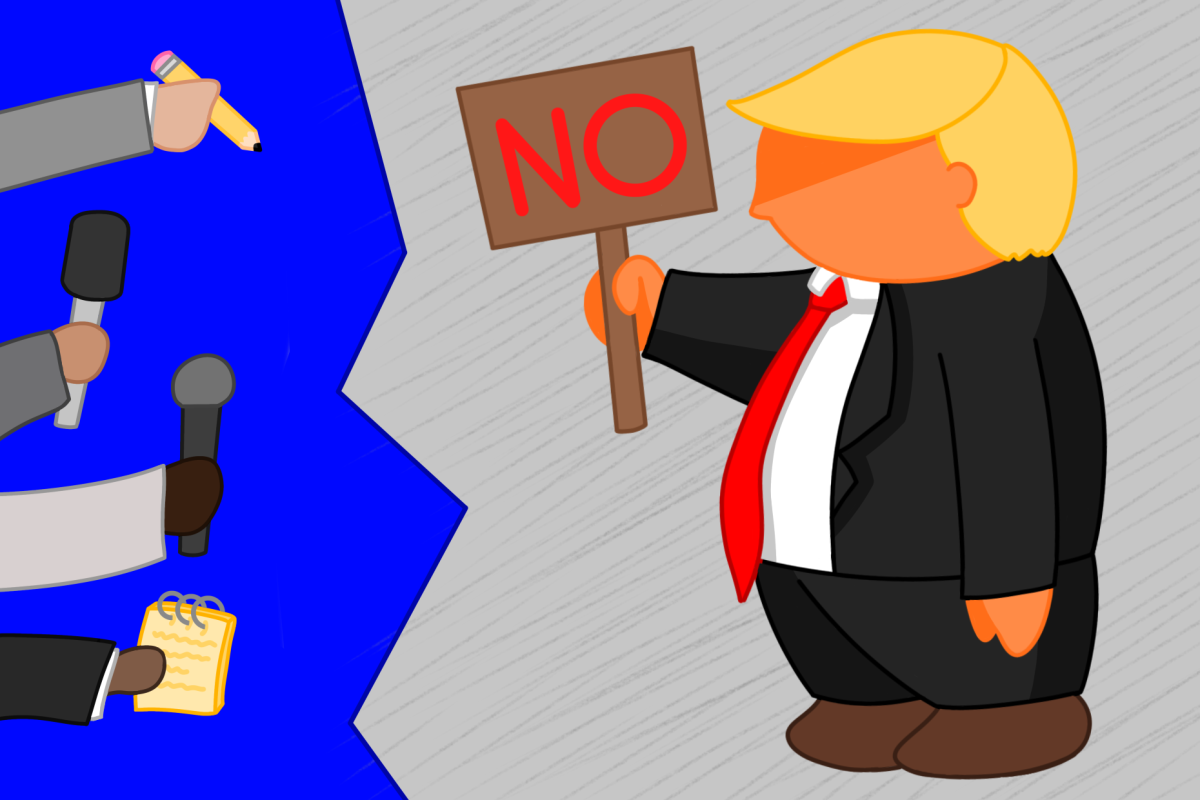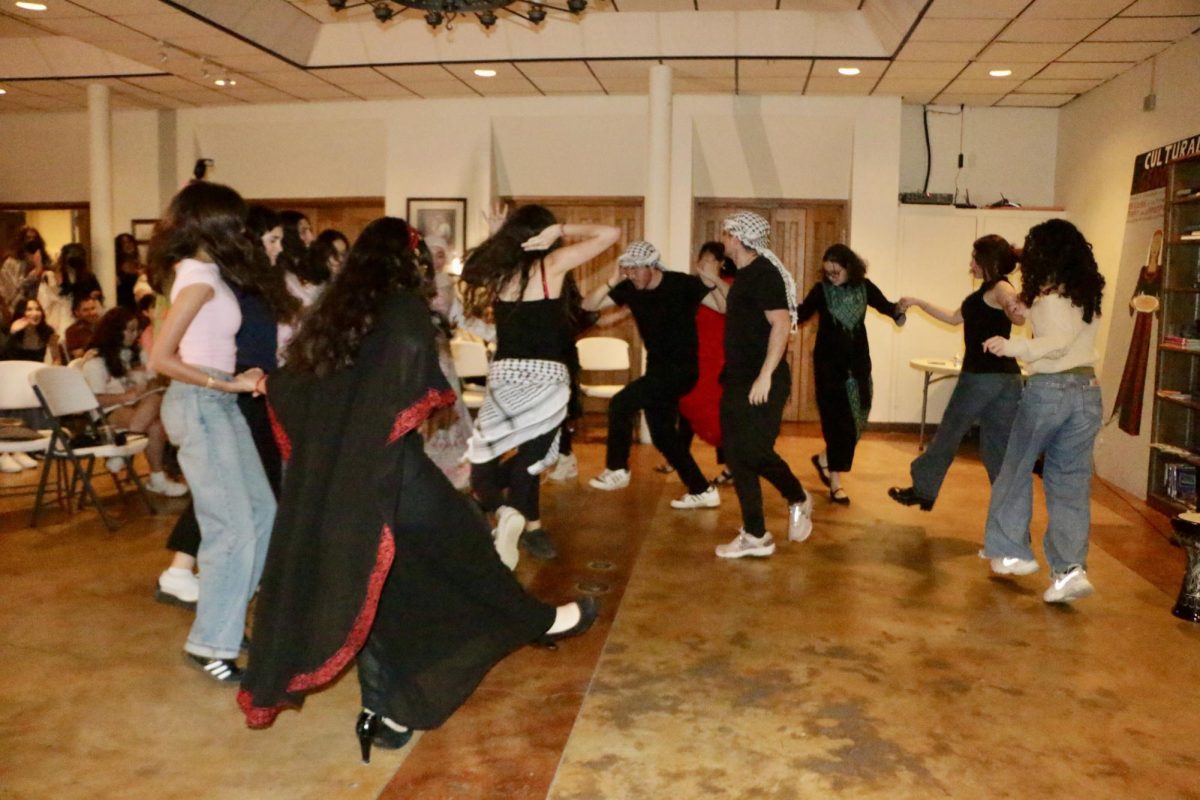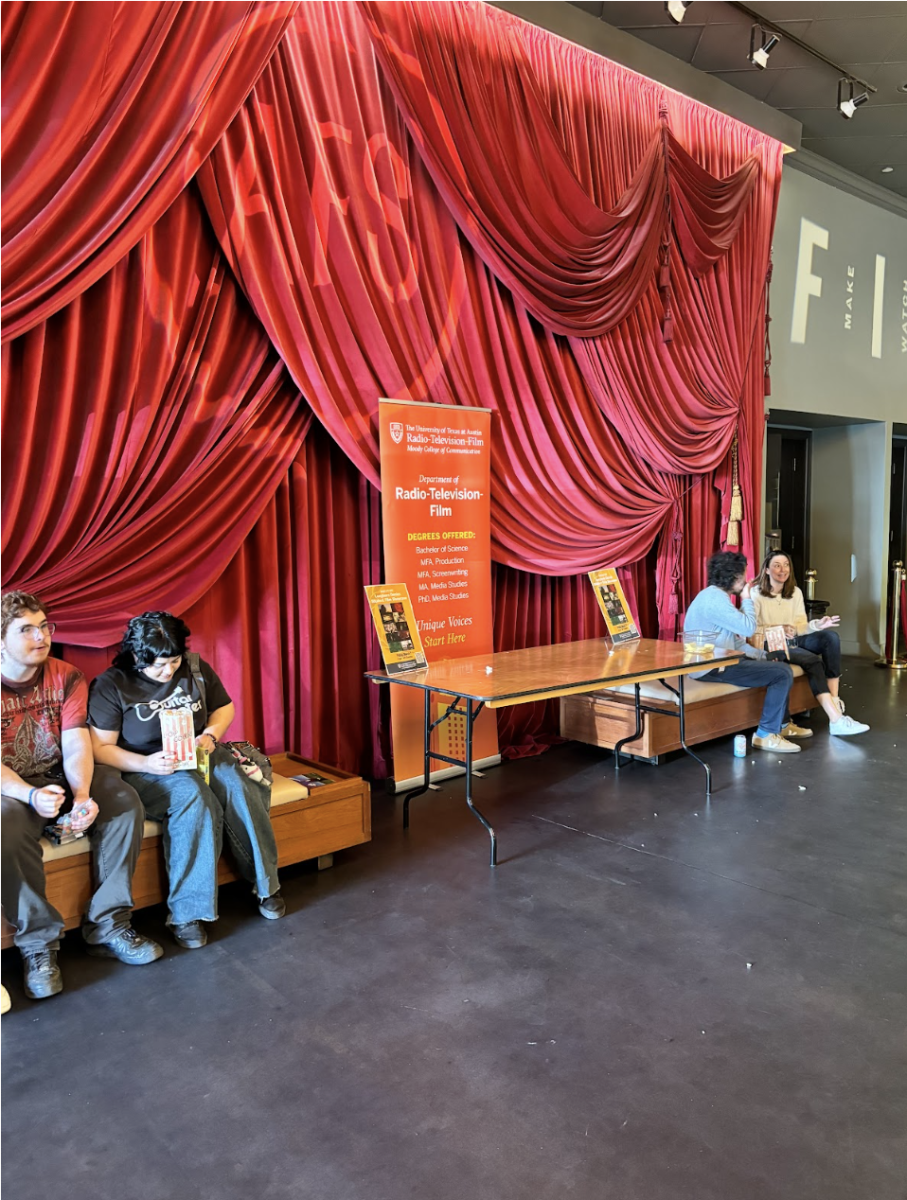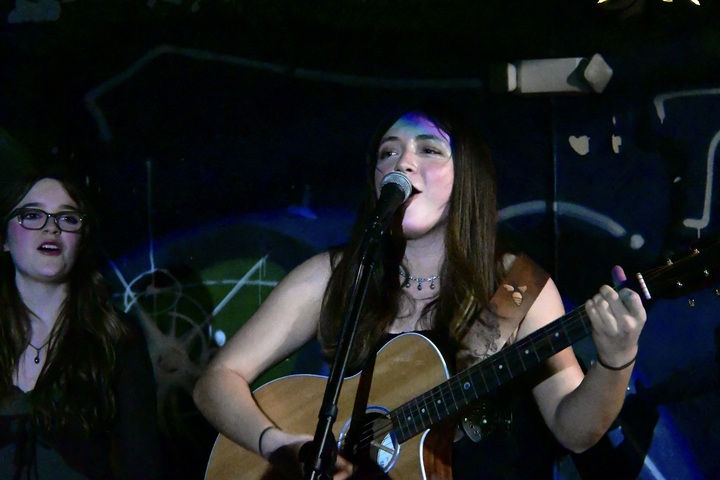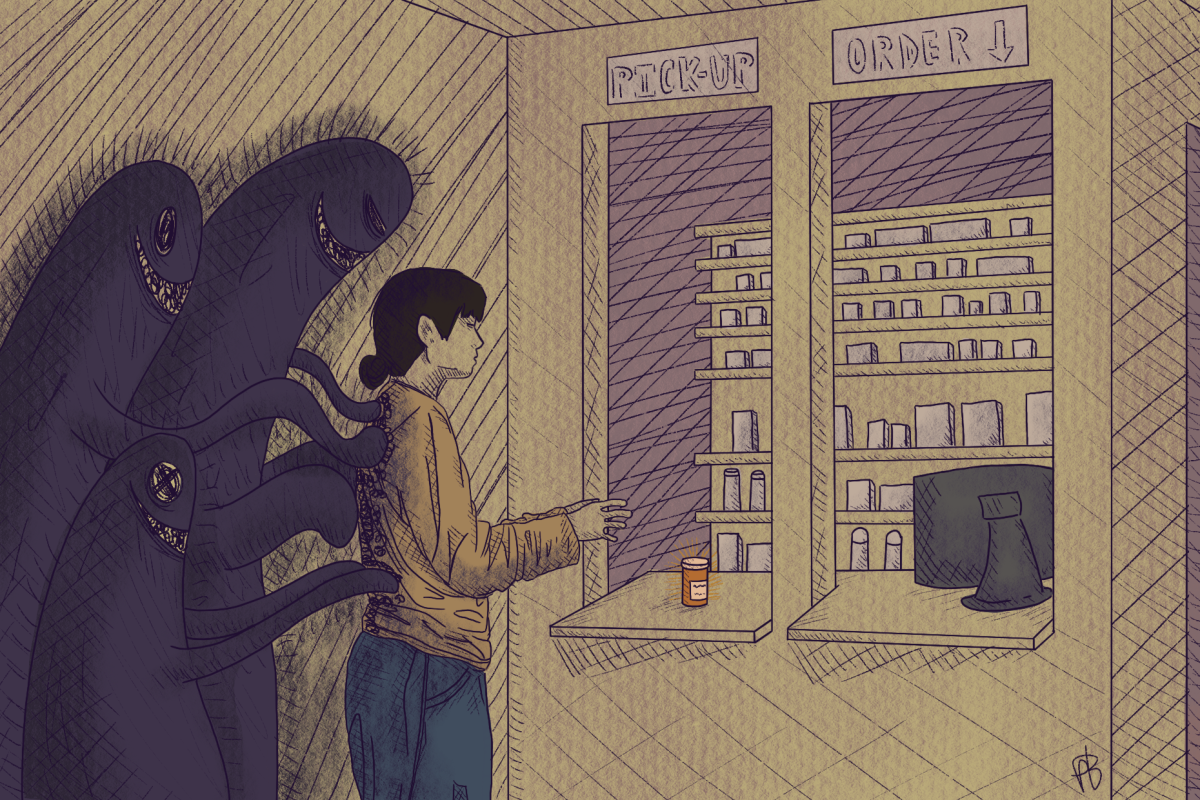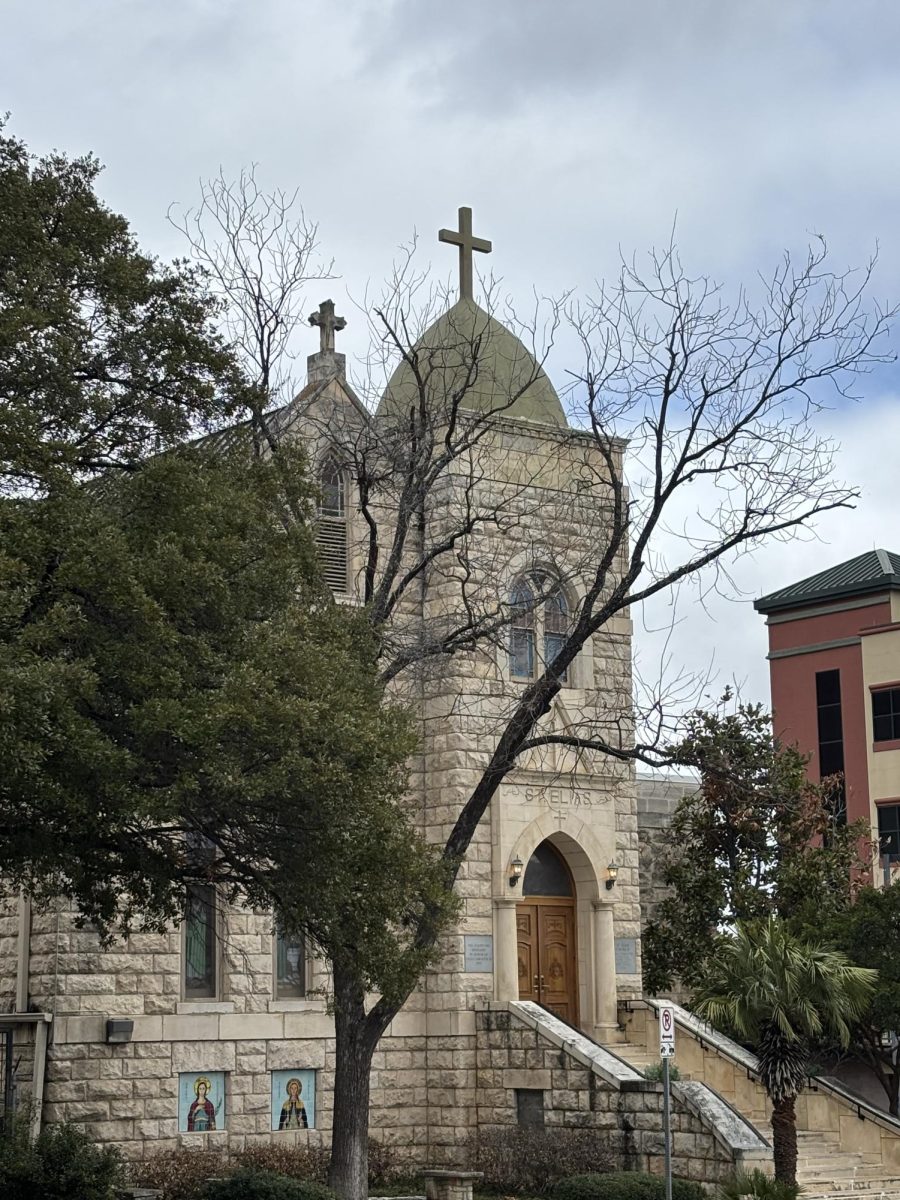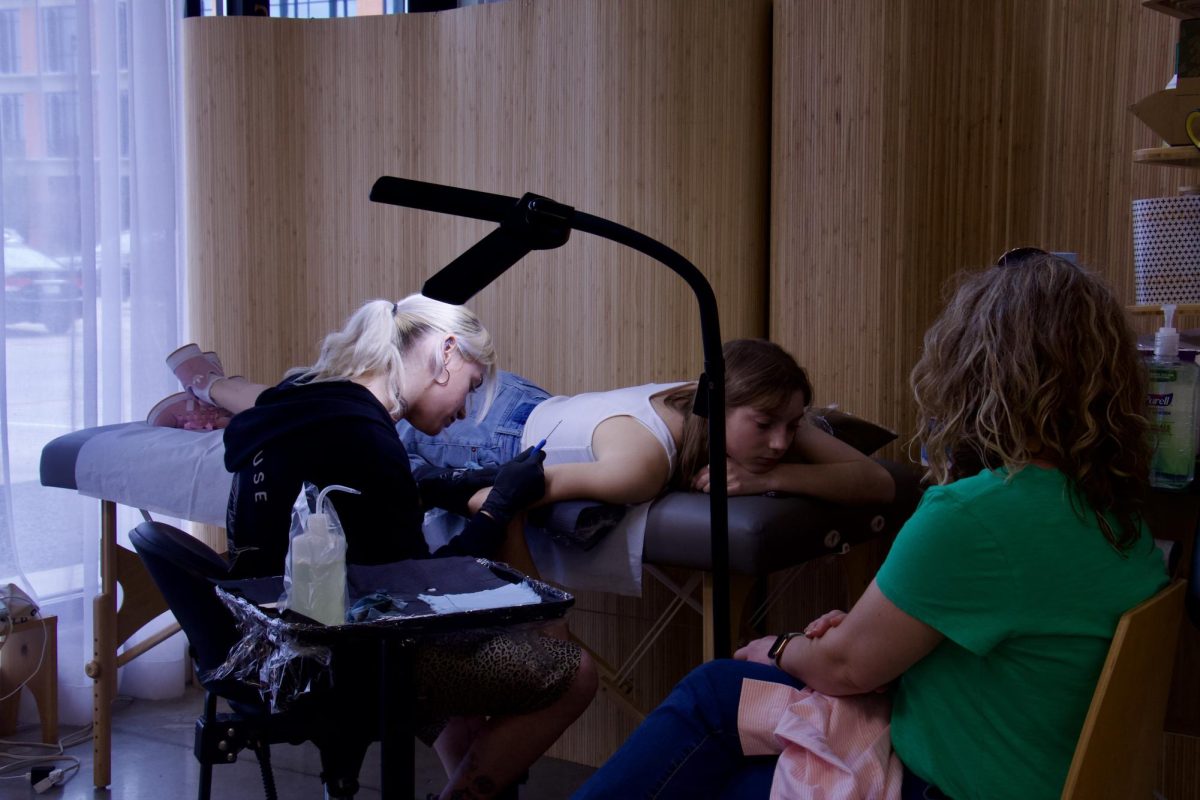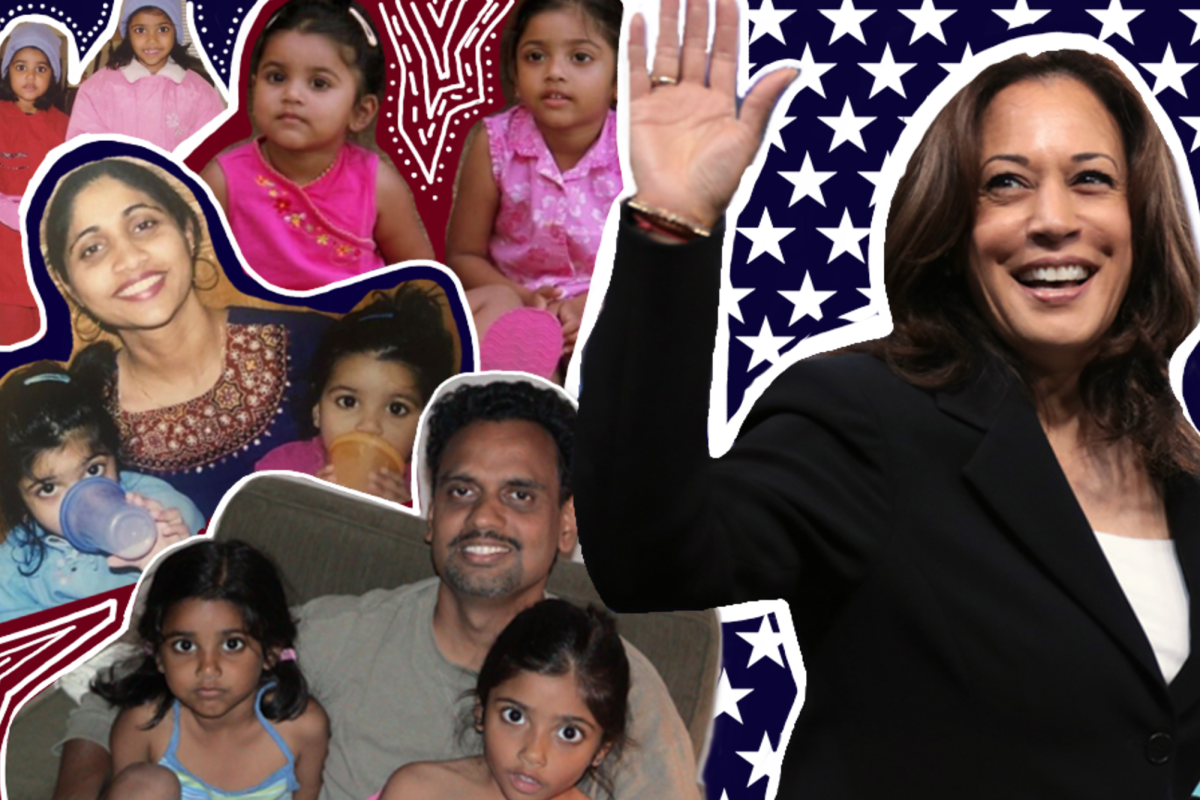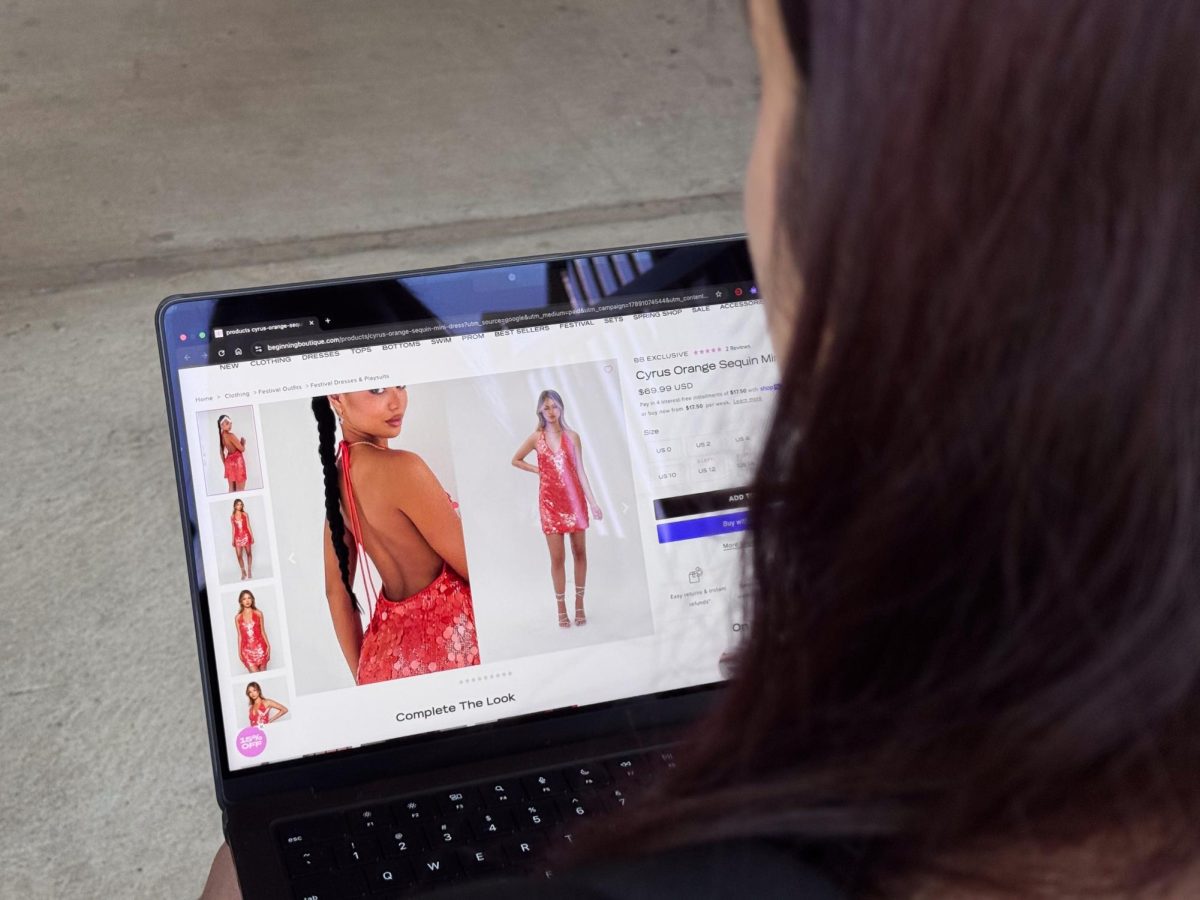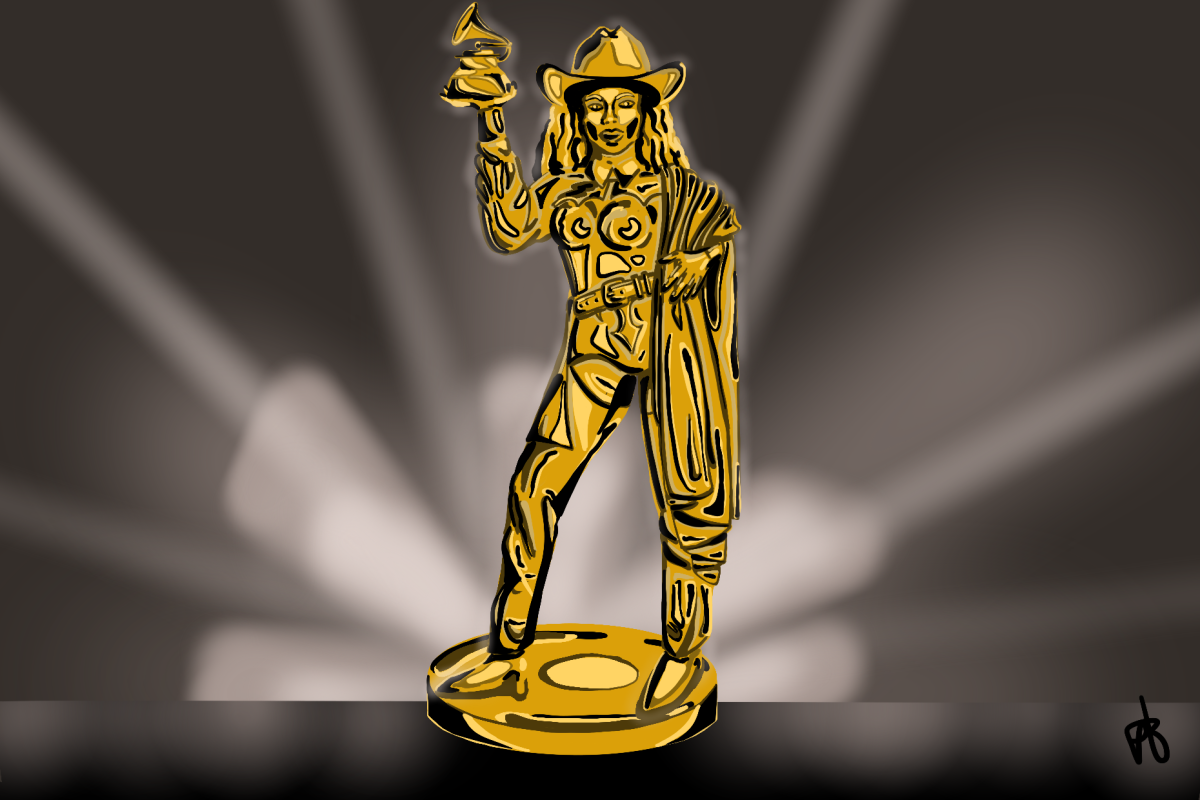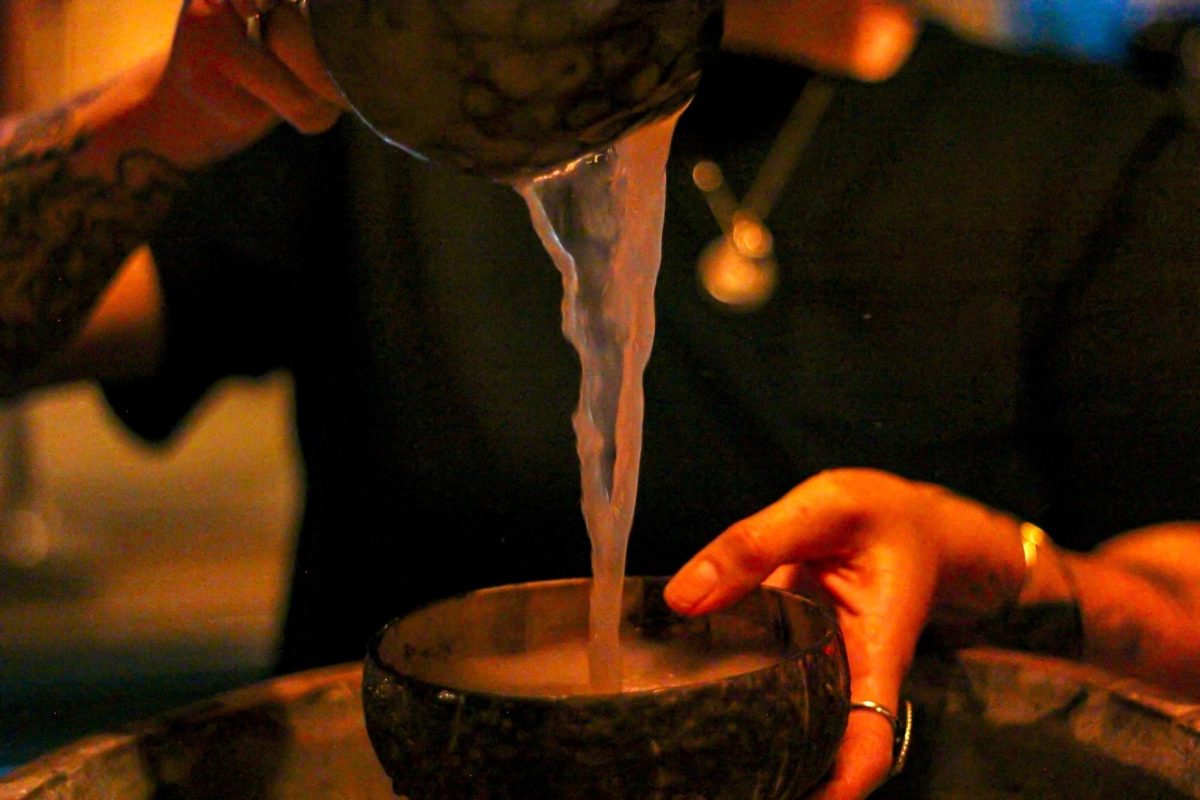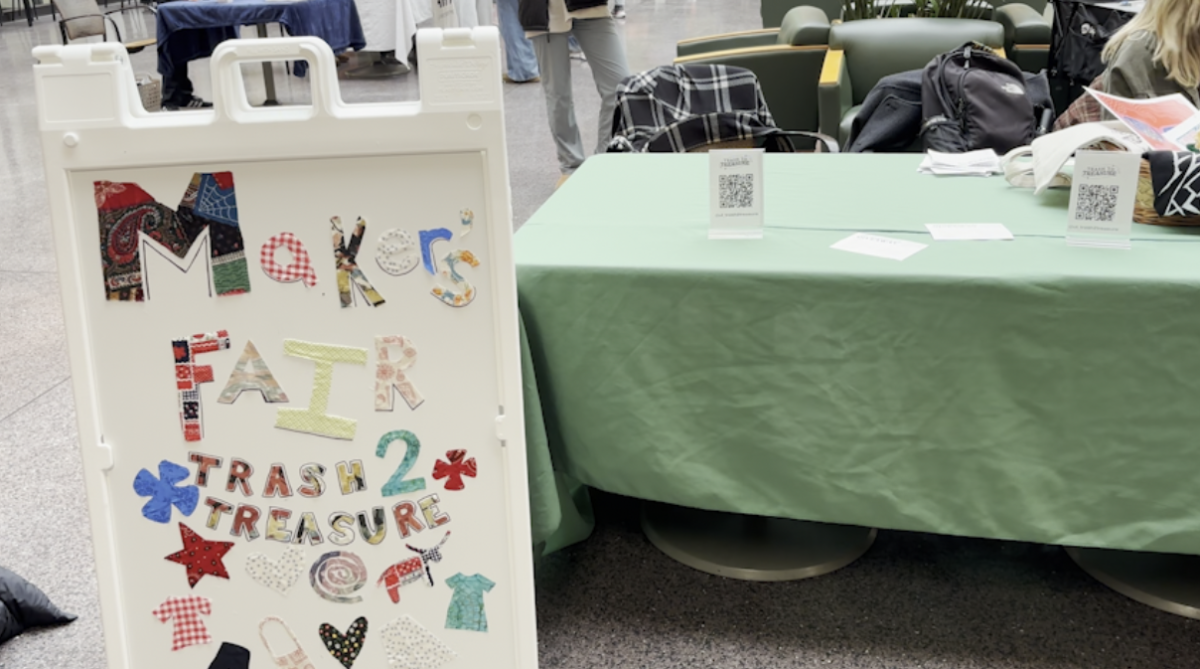The Trump administration’s relentless, ongoing attacks on the media are fueling concerns from several news outlets. Organizations like the Associated Press, the New York Times and the Washington Post fear these actions could undermine democracy, raising critical questions about the future of the press in the United States.
“What Trump is doing is a real threat to democracy because the job of the media is to tell people what’s true and not true (and) give them enough facts to make decisions,” said Tom Johnson, a professor of journalism and media who specializes in political coverage. “If you have people only looking at one side, they aren’t getting the information they need to make good decisions.”
Once seen as the cornerstone of democracy, the press now faces unprecedented challenges. President Donald Trump, whose relationship with the media has been rocky at best and aggressive at worst, has been a key player in this shift.
With public trust in journalism at historic lows—with 69% of people saying they have little to no trust in the media—misinformation spreading faster than ever and political attacks on the media, the role of journalism in American society is being reshaped, and not for the better.
Johnson said that Trump’s presidency has brought a level of hostility toward the press unprecedented in modern American history.
“Richard Nixon was also known for attacking the press,” Johnson said. “He had an enemies list that included members of the press. But I’ve never seen a president who regularly attacks the press as much as Trump.”
Trump’s tactics to undermine the media—calling journalists the “enemy of the people” and labeling essential reporting as “fake news”—have had profound consequences, Johnson said. According to the Associated Press, world leaders have adopted similar tactics to discredit journalists in their own countries.
Trump filed a lawsuit against two news organizations in 2024: ABC in March and CBS in November. Now, he’s in his second term and further threatening press freedoms, including banning the Associated Press from the White House press pool in February, instead giving spots to far right-leaning publications like Breitbart .
All of these actions undermine the role of the press in holding those in power accountable and ensuring the public has access to accurate, unbiased information.
Long-time journalist Lesley Stahl said in an interview with Judy Woodruff at the 2018 Deadline Club Awards Dinner that Trump said his actions were strategic.
“To discredit you all and demean you all so when you write negative stories about me, no one will believe you,” Trump allegedly said to Stahl during a private meeting in 2016.
Johnson said the media’s big problem is taking an overly-passive stance against media attacks, which furthers the spread of misinformation.
Whether it’s organizations cutting down on negative coverage of Trump for fear of retaliation, or not addressing broader issues at play—like the increasingly fast-paced march toward authoritarianism by this administration, Johnson said.
“It’s really important for the media to show that we’re in a crisis and that this is a threat to democracy,” Johnson said. “A lot of the media are trying to stay on (Trump’s) good side, cut back on criticism, but that’s the role of the press—not necessarily (to) criticize, but be the watchdog. Point out when the president is saying things that aren’t true, that he’s doing things that are against the public interest and seem authoritarian.”
With trust in mainstream media going down, many Americans turn to partisan sources that reinforce their existing beliefs, which are often based on misinformation or promote falsehoods, making it harder for journalists to hold officials accountable.
“President Trump is moving towards a partisan kind of news production in which most of the news is produced by people who have specific political or commercial goals in mind,” said David Ryfe, director of and professor in the School of Journalism and Media at UT. “The dangers of that are that parties are more interested in winning elections than they are in serving the broader public.”
Press freedom in the United States is extremely unique, Ryfe said. This can be seen in cases like New York Times v. Sullivan (1964), which established that the press must be free to criticize the government without fear of legal retaliation.
“In other parts of the world, journalists are written into the Constitution,” Ryfe said. “That’s never been true in the United States—we’ve always operated according to the norm that a free press is essential to democracy, (New York Times v. Sullivan) is an expression of those norms.”
Ryfe warned that recent court decisions, like Hulk Hogan’s 2016 lawsuit against Gawker Media which caused Gawker to go out of business, could indicate a legal and societal shift toward punishing media organizations financially and legally for reporting information that powerful individuals dislike.
“What’s happening with the Trump administration is an acceleration of the deinstitutionalization of journalism,” Ryfe said.
Despite the obstacles, both Johnson and Ryfe remain hopeful about the future of journalism, especially for UT students, which Ryfe said is one of the few universities left that is a direct funnel to mainstream news.
“There’s never been a better time to get a journalism degree,” Ryfe said. “Fifteen or 20 years ago, if you got a journalism degree, you went to work in a mainstream newsroom or a TV station. Those institutions have now been severely weakened, and in the spaces have grown all sorts of news producers, so there are more jobs available than there have ever been.”
But for aspiring journalists, the future is daunting. Chloe Moore, a journalism senior, shared the concerns of many young reporters gearing up to enter the field.
“If I had to describe Trump’s relationship with the media in one word, I’d say ‘reactionary,’” Moore said. “Every time something new comes out about his relationship with the press, it’s always in reaction to a story or a tweet.”
Moore said she worries about the stability of her career path in an industry already under financial strain.
“Journalism is already under a lot of duress,” she said, “and now, with all these attacks, I’m wondering—am I even going to have a job in six months?”
Even more worrisome to Moore is the growing public indifference to press freedom and lack of education on a journalist’s role in society. She said that this issue isn’t “unique to Trump,” as both political parties have always tried to censor the press, and the difference is that people today don’t care.
“I think the main issue now is that American citizens believe that the media doesn’t have any place in our society—it’s just filled with pundits who are trying to tell you how to think and none of this is real, it’s all fake news,” Moore said. “Our society does not value journalism as a field, does not understand journalism as a field, and is kind of okay to sit back and let (Trump) do whatever he’s doing.”
Moore said she also has seen a shift in journalistic priorities, with many moving away from the hard-hitting investigative work historically done.
“I don’t think something like Watergate would happen today,” Moore said. “Journalists would be scared to cover something like that. If it came out tomorrow that Trump did what Nixon did, I’m not sure how many of his supporters would care. It would just be labeled as fake news, and a smear campaign.”
The increasing hostility toward journalists has made many reconsider their career choices, even Moore, who dreams of a role in traditional journalism.
“I love government reporting, but I have a hard time getting sources to talk to me out of fear of retaliation,” Moore said. “We’re going to lose valuable sources and reporting because people are too afraid of retribution.”
Moore said she worries that more journalists will shift to marketing and communications or lifestyle reporting to avoid the pressures of watchdog journalism and possible implications of the current administration’s policies.
“As a graduating senior, I’m looking at marketing and communication jobs and kind of weighing my sanity over my passion,” Moore said. “I would rather feel safe and happy than doing more noble work but constantly being under attack.”
Despite these challenges, Johnson emphasized that the media must not back down. He said journalists should remain vigilant, holding leaders accountable and continuing to report the truth—no matter the obstacles. He said the survival of democracy depends on it.
“Stand together,” Johnson said. “A threat against one organization is a threat against all.”

